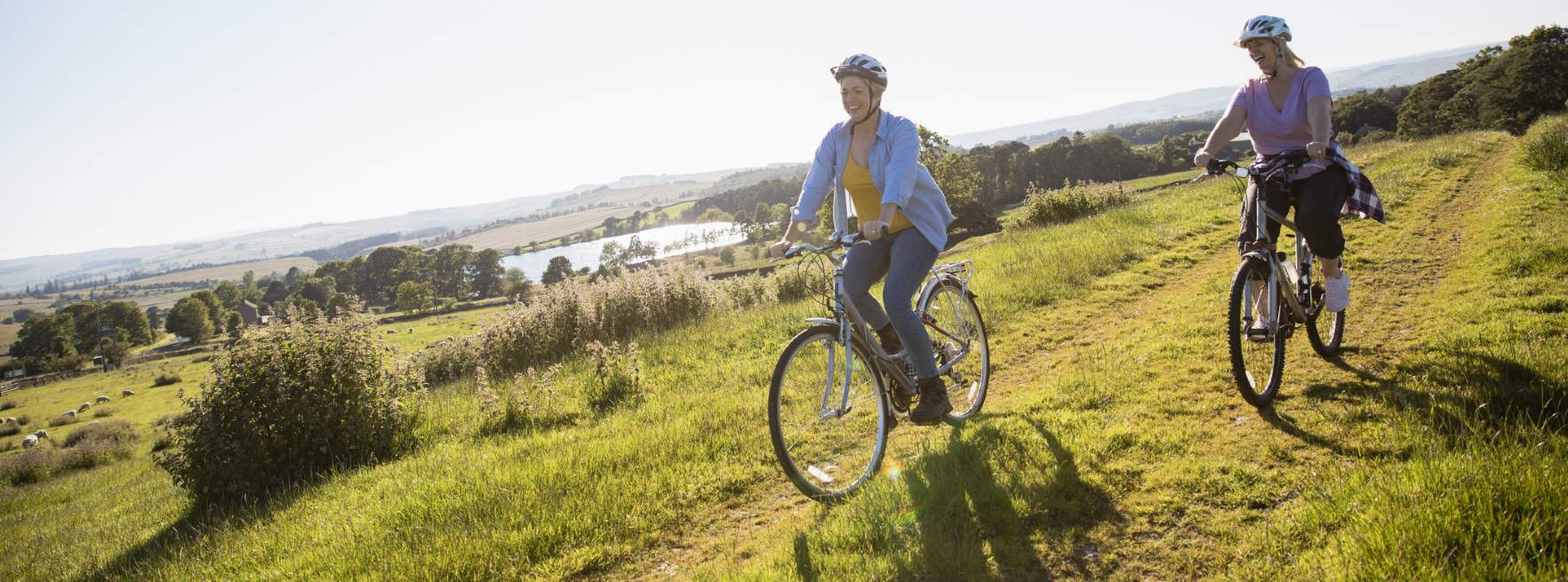The Covid-19 pandemic has led to a huge increase in the number of people walking and cycling and the Government has accelerated plans to improve our infrastructure to encourage safe and sustainable travel.
According to the Bicycle Association, cycling during the pandemic lockdown last year reached its high point between mid-April and mid-June, regularly exceeding 250 per cent of normal, pre-Covid levels, leading to a 60 per cent increase in the sale of bikes since March 2020.
Last year, the Department for Transport launched the Emergency Active Travel Fund to support local transport authorities in establishing and improving paths during the pandemic and beyond.
With plans underway across much of the UK for improvements to existing footpaths or bridleways to accommodate cycling and the creation of new cycle paths and multiuse trails, what do landowners need to consider if they are likely to be directly affected?
Cycle tracks are often dealt with by local authorities and they have the power to create them from scratch, including compulsorily acquiring land if needed, under the Highways Act 1980. They also have the ability to create cycle tracks by the conversion or widening of footpaths, footways or bridleways, under the Cycle Tracks Act 1984.
For property owners who will be directly affected by a compulsory acquisition of land and/or the depreciation in value of their property, it is essential to understand the scope of compensation due and the process that they could be subject to.
Proposed cycle paths can involve the same level of complication as the decision to create a new road, even if less controversial. Many misunderstand the statutory background and the various heads of claim under which their compensation should be assessed and therefore miss out on money to which they may be entitled.
Compensation can extend further than simply the loss of land – landowners can also claim for other factors which may incur a direct cost or cause a depreciation in the value of their retained property.
This can include:
- the loss of land or of the ability to use land as they previously would have
- the devaluation in residential property due to the effect on its use and privacy
- costs incurred due to difficulty accessing land while the works are undertaken
- the claimant’s time and any losses incurred as a result of the scheme.
Engaging with the relevant authority and reviewing the impacts on your land or property at the earliest opportunity is essential. There is usually ability to discuss the route and influence it before plans are finalised, typically with stages of consultation and refinement of a new scheme. Accommodation works can also be negotiated to mitigate the impact, but again, the earlier this is done the better.
Typically there will be a planning application and if needed a Compulsory Purchase Order in the background, although most claims are settled by agreement. Negotiation is often the best option although there is the ability to object formally if required.
Further information
Contact Matt Brown or Poppy Langdon-Down

.jpg)

.jpg)
.jpg)
.jpg)




